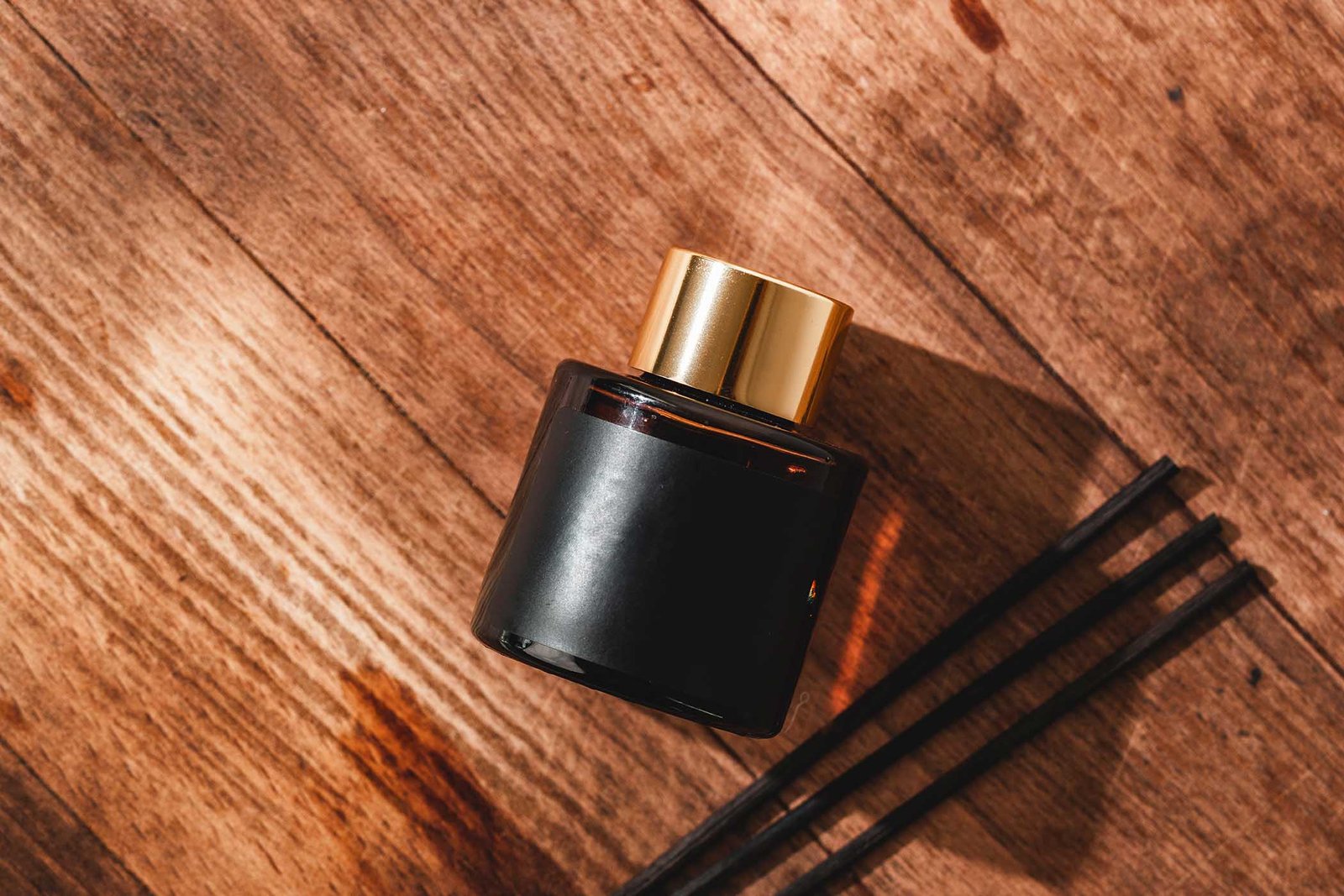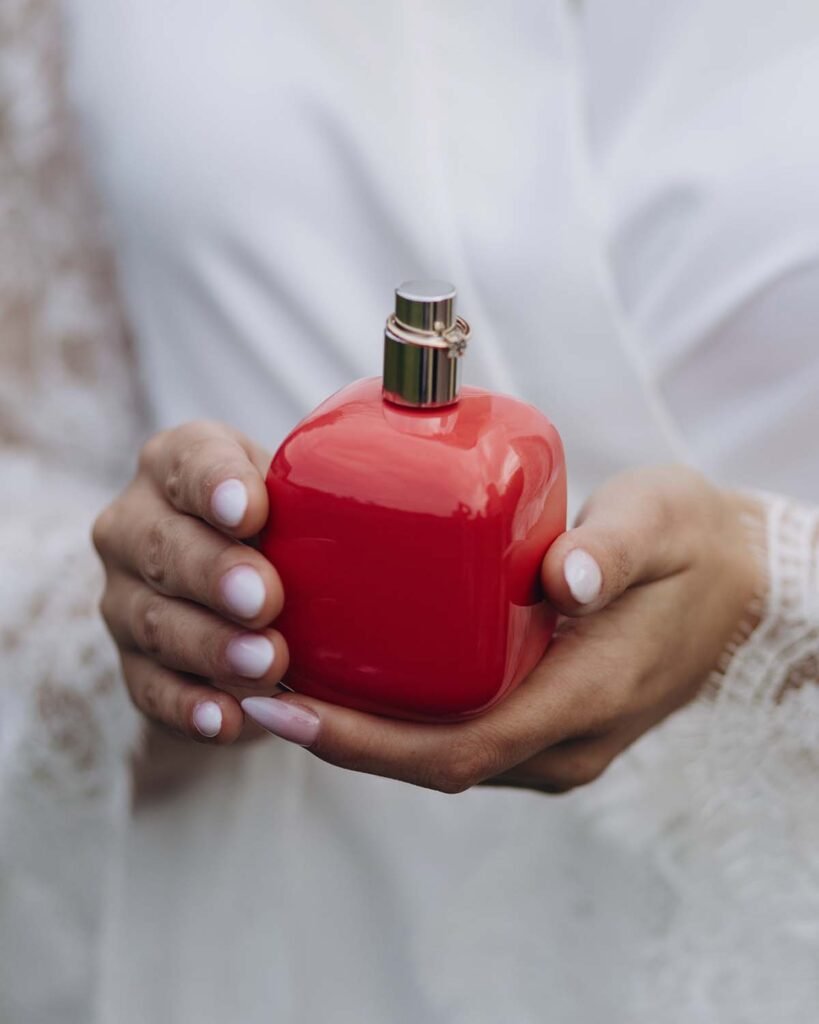Why Your Skin Type Matters More Than You Think in Choosing a Perfume
When we talk about finding the perfect perfume, most people immediately think of scent notes, bottle design, or brand reputation. Yet, there is an often-overlooked factor that has a powerful impact on how a fragrance smells and lasts on your body: your skin type.
Whether your skin is oily, dry, or somewhere in between, it plays a major role in how a perfume performs. That same bottle of fragrance can smell completely different on two people simply because of the way their skin interacts with it. Understanding how your skin type affects perfume behavior can completely change your fragrance game and help you choose scents that truly complement your natural chemistry.
The Science Behind Skin and Scent
Perfume is a living experience on the skin. Once it is sprayed, it interacts with the natural oils, moisture levels, and pH balance of your skin. These interactions influence how a fragrance opens, develops, and settles.
For example, oily skin tends to hold fragrances better because the natural oils act like a fixative, trapping the scent molecules and releasing them slowly over time. On the other hand, dry skin lacks those natural oils, which can cause perfume to evaporate quickly, resulting in a shorter scent lifespan.
This explains why you might love how a perfume smells on a friend but find it completely different when you wear it yourself. Your skin chemistry makes every fragrance uniquely yours.
How Different Skin Types React to Perfume
Oily Skin
Oily skin is typically the most perfume-friendly. The natural oils act as a carrier that helps perfumes cling longer and project better. Fragrances often appear stronger and richer on this type of skin, which is great for those who love noticeable scents.
Fresh citrus, marine, and woody perfumes tend to shine on oily skin because they balance out the skin’s natural richness. Just remember that with oily skin, a little perfume can go a long way.
Dry Skin
Dry skin often struggles to retain fragrance because it lacks moisture to hold the scent. Perfume may fade faster or even change slightly as it dries out. To fix this, apply an unscented moisturizer or body oil before spraying your perfume. This helps lock in the fragrance and improves longevity.
If your skin is dry, look for creamy, musky, or amber-based scents. These tend to perform better, adding warmth and staying power throughout the day.
Normal Skin
If you have normal skin, you have the best of both worlds. Your skin maintains a balanced oil level, which allows most perfumes to perform as intended. Floral, fruity, and oriental fragrances often remain true to their original composition on normal skin, offering a pleasant and consistent scent experience.
Combination Skin
Combination skin can be a bit unpredictable. Some areas might hold scent well, while others may not. To get the best results, apply perfume to well-moisturized areas like the inner wrists, behind the ears, or on the collarbone. Avoid areas that are overly oily or too dry to ensure even scent development.
How to Make Your Perfume Last Longer
Regardless of your skin type, there are smart ways to make your fragrance linger beautifully throughout the day.
-
Moisturize first
Always apply an unscented lotion or body oil before spraying perfume. Fragrance molecules stick better to hydrated skin, enhancing both longevity and projection. -
Use the right concentration
When exploring perfumes, understanding perfume concentrations is crucial. Eau de Toilette, Eau de Parfum, and Parfum all have different oil levels, which affect their intensity and lasting power. If your perfume fades quickly, try switching to a higher concentration like Eau de Parfum or Parfum for a more enduring scent. -
Spray on pulse points
The warmth from your pulse points helps activate and diffuse fragrance naturally. Focus on the wrists, neck, inner elbows, and behind the knees for a steady scent release. -
Avoid rubbing
Many people rub their wrists together after spraying perfume, but this breaks down the scent molecules and alters the fragrance structure. Simply let it air-dry instead. -
Layer your scent
Use matching or complementary body lotions, oils, or shower gels. Layering enhances fragrance depth and ensures your signature scent stays with you all day.
How Climate and Season Affect Scent Performance
Skin type is not the only factor influencing your perfume experience. Weather and humidity also play key roles. In warm climates or during summer, perfume molecules evaporate faster, making lighter, fresher scents more suitable. During colder months, your skin tends to be drier, so rich, deep notes like amber, vanilla, and oud last longer and smell more inviting.
If you live in a humid place like Houston or a dry area like California, consider adapting your fragrance choices seasonally to get the best performance.
The Importance of Testing Before Buying
Perfume testing should always happen on your skin, not on paper strips. Paper testing only shows the top notes, missing how the scent will evolve with your body chemistry. Apply the fragrance directly to your skin and let it develop for at least 30 minutes before deciding. This will reveal the true heart and base notes, giving you a realistic impression of how it smells on you.
When shopping in-store, resist the urge to try too many perfumes at once. Limit testing to three scents to avoid confusing your sense of smell.
Choosing the Right Perfume for Your Skin Type
Here is a quick guide to help you match your perfume to your skin type:
-
Oily skin: Fresh, aquatic, or woody fragrances
-
Dry skin: Warm, musky, or creamy notes
-
Normal skin: Floral, fruity, or oriental scents
-
Combination skin: Balanced blends or versatile fragrances like amber or spicy floral
If you are new to fragrances, start by testing different perfume families. Explore how your skin reacts to floral, oriental, woody, or citrus notes. This personal discovery process is the key to finding your signature scent.
Final Thoughts
Your perfume is not just a fragrance; it is an extension of your personality and style. But to find your true signature scent, you must understand how your skin type influences the way a perfume behaves. The right combination of fragrance notes, concentration, and application technique can completely transform your scent experience.
At La Fragancia, we believe that perfume should tell your story and complement your individuality. That is why we offer an extensive range of authentic, high-quality fragrances designed for every skin type, personality, and mood. Whether you love the boldness of woody notes, the elegance of florals, or the mystery of amber, there is a scent waiting to connect perfectly with your chemistry.





